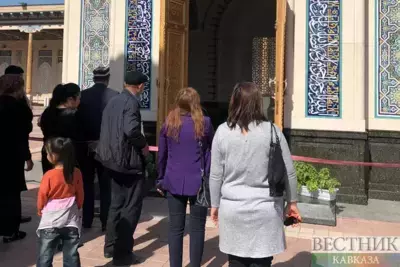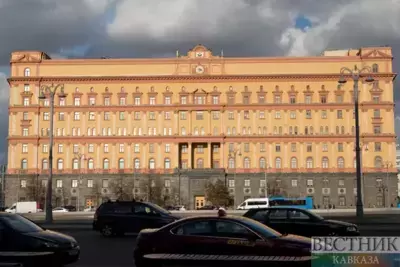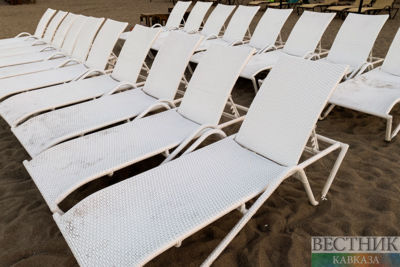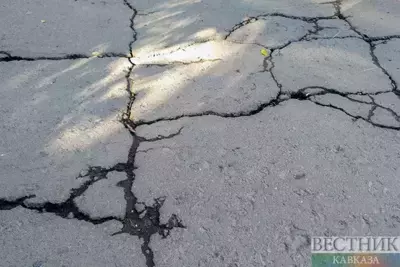The President of Uzbekistan, Islam Karimov, recently suffered a stroke, his younger daughter, Lola Karimova-Tillyaeva, officially announced. The senior researcher of the Analytical Center of the IMI MGIMO of Russia, Leonid Gusev, told Vestnik Kavkaza about what can be expected in the republic if there is a need to transfer power.
- In your estimation, how much does this event threaten political life in Uzbekistan?
- I do not think that the political life of the republic is being threatened now. Islam Karimov has several successors in his circle who could take his place, and if the chairman of the National Security Service, Rustam Inoyatov, is unlikely to become the president, the protégé of Karimov, Shavkat Mirziyayev, the incumbent Prime Minister of Uzbekistan since 2003, is quite a possible candidate. My sources in the country say that if the government goes from Karimov to Mirzieev there will be no major upheavals in the country.
Of course, this is not 100%, but, for example, when there was a similar situation in Turkmenistan, it developed more or less bloodlessly. Undoubtedly, there are extremists in the republic, the Islamic Movement of Uzbekistan, the Islamic Movement of Turkestan, but the Uzbek army and special services are quite strong today, making it one of the most powerful security systems in Central Asia, in order to avoid disturbances. If, nevertheless, a transfer of power happens, we can hardly expect shocks, at least, we can hope for this at first glance.
- Should we expect a change in the foreign policy of Uzbekistan after Karimov, primarily in his relations with Russia?
- A radical change of foreign policy will not happen. Uzbekistan will maintain the same balance between the US, the EU, China and Russia, just as Karimov balanced it himself before. I recall that in the early 1990s he abruptly announced an alliance with Russia, then there was an attempt to organize the first Customs Union, then just as abruptly he went to the West, especially after 2008, even taking part in the NATO summit in Bucharest, and now again he is establishing stronger contacts with Russia. Therefore, I believe, his successor will continue a multi-vector policy to show all the external forces that Uzbekistan is an important country in the region, receiving all the possible benefits of this versatility for itself.
- What will be the impact of a possible change of power in Uzbekistan on the region?
- As in the case of Turkmenistan a decade ago, a painless change of government will not affect the region. In general, Central Asia is stable in terms of sovereignty. In Tajikistan, President Emomali Rahmon is just 64 years old, Kazakhstan’s leader Nursultan Nazarbayev is 76 years old, but his health is fine. Only in Kyrgyzstan after two revolutions and the massacres in Osh in 2010 do internal conflicts persist. There will be elections for a new president next year, although as far as I know there will be an attempt to reform the Constitution in order that Almazbek Atambayev could get the post of prime minister. Last year in April in Turkmenistan there were provocations on the border with Afghanistan, where ISIS and the Taliban tried to invade the territory of Turkmenistan, but the local security services stopped them, and since then nothing threatening the region's stability has occurred.
The only thing that would be worth fearing, if during a change of government some conflicts occur, if the Uzbek clans – Ferghana, Samarkand and others – will not be able to sign a new agreement. Then a socio-political explosion is possible, and the country will be in a quite different position. At this moment, thank God, nothing like that is to be seen.
















